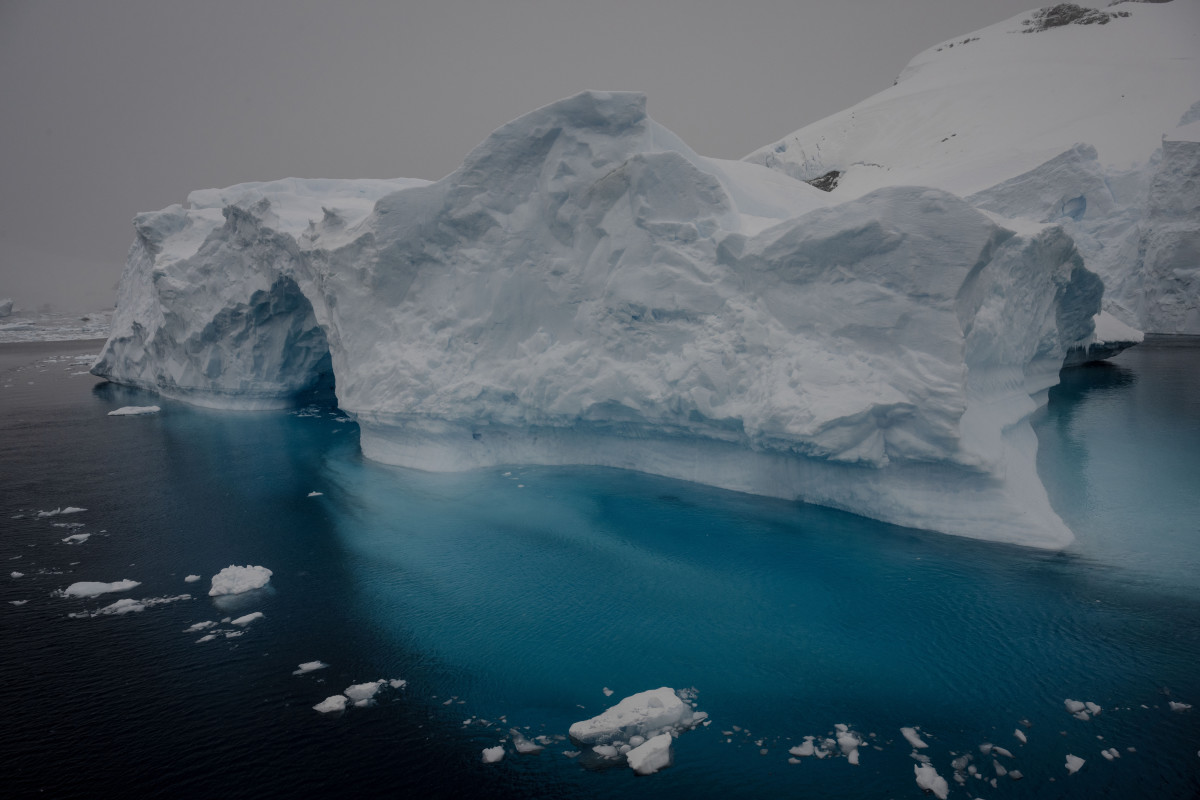One of the world’s leading polar scientists has issued a chilling warning: The ice sheets in West Antarctica may already be on an unstoppable path toward collapse, and the world isn’t ready for what comes next.
Louise Sime, a veteran researcher with the British Antarctic Survey, told The Guardian that recent data points to a potential tipping point in the region’s ice melt.
The Cool Down reported that the West Antarctic ice sheet holds enough frozen water to raise global sea levels by several feet. If that ice starts melting faster than expected, the results could be catastrophic for millions of people worldwide.
“As a human being, I have so much trouble trying to think about the magnitude of the sea-level rise that I’m not sure I have the capacity to really think it through,” Sime said.
For over two decades, Sime has studied ancient Antarctic ice cores—frozen layers of history that reveal how the planet’s climate has shifted over millennia.
Now, her climate models suggest West Antarctica could hit a runaway melting phase within decades, with the potential to trigger sudden jumps in sea levels.
That doesn’t mean the ice will vanish overnight. Sime believes the process could take centuries or even longer. But once it starts, the acceleration might be faster and more damaging than anything scientists have previously predicted.
The consequences go far beyond rising shorelines.
Antarctic meltwater can disrupt global ocean circulation, leading to more extreme droughts, heavier storms, shifting agriculture zones, and soaring food prices. Coastal cities face increased flooding and storm surge damage, and saltwater intrusion threatens freshwater supplies and farmland.
Despite the grim outlook, Sime says there’s still time to prevent the worst outcomes. That means reducing carbon emissions, investing in clean energy, strengthening climate-resilient infrastructure, and protecting natural carbon sinks like forests and wetlands.
“If we stop emitting carbon tomorrow, then it’s quite likely that we would see no further decreases in Arctic sea ice,” Sime said.
The message is clear: The window to act is still open, but it’s narrowing fast.
Related: Toxic Discovery in U.S. Lake Sets Off Global Alarm
Source:: Life – Fitness – mensjournal









